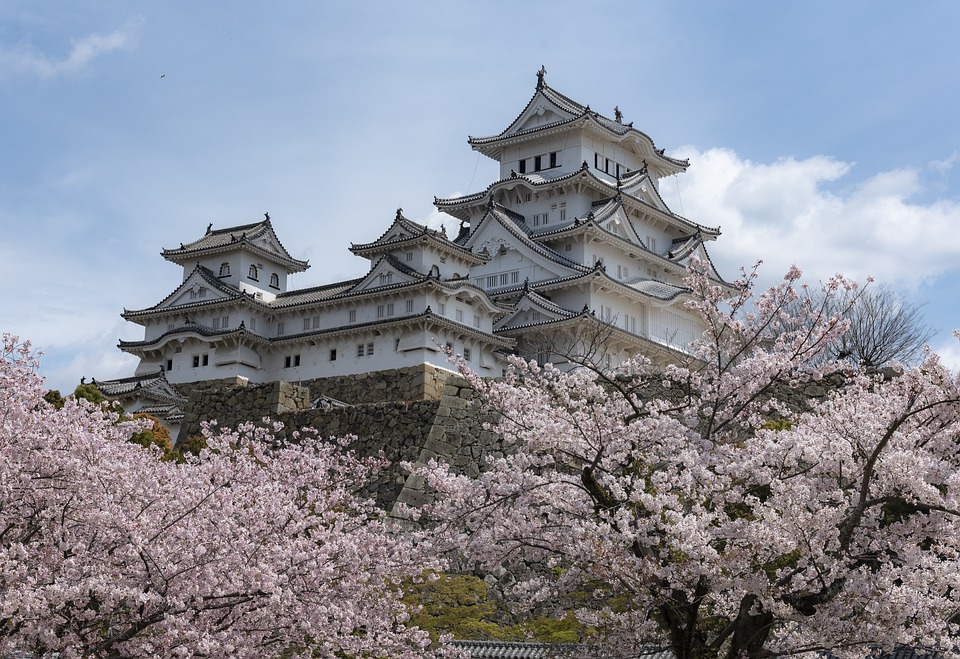Understanding Kosovo: A Journey Back to Illyrian Origins
Introduction
Kosovo, a landlocked region in Southeast Europe, holds a unique place in both historical and contemporary discourses. This small territory, often marked by its complex ethnic makeup and sociopolitical tensions, has roots that trace back to ancient times, particularly to the Illyrian tribes that once inhabited the Balkans. Understanding Kosovo’s identity necessitates a deep dive into its historical landscape, particularly the rich and often turbulent legacy of the Illyrians. This article will explore Kosovo’s Illyrian origins and how these ancient roots still resonate in the modern context.
The Illyrians: An Overview
The Illyrians were a group of tribes that populated the western Balkans, including what is now Kosovo, from roughly the 6th century BC until Roman conquest in the 1st century BC. Their existence is documented primarily through Greek and Roman sources, which provide insight into their society, culture, and eventually their decline.
Social Structure and Culture
Illyrian society was tribal and segmented into various clans, each of which had its own customs and governance methods. The Illyrians were known for their warrior culture; archaeological findings have showcased their importance in metallurgy and craftsmanship, evident in the weapons and jewelry recovered from ancient burial sites.
They practiced animism and worshipped multiple deities, embracing a form of spirituality that revolved around nature, fertility, and ancestral veneration. The Illyrians left behind a linguistic legacy, with some elements believed to have influenced modern Albanian and other regional languages. Their settlements, often fortified hilltop towns, demonstrate an understanding of strategic defense that was critical against numerous invasions by neighboring peoples and empires.
Illyrian Legacy in the Balkans
The Illyrians are vital to understanding ethnic identities in the Balkans, as their descendants contributed to the formation of various groups, including Albanians and other South Slavic peoples. The region’s enduring linguistic and cultural traits can often be traced back to these ancient tribes.
Kosovo’s Historical Journey
Kosovo’s history has been marked by numerous invasions, migrations, and territorial disputes, all of which shaped its current identity. From Illyrian settlements to Ottoman rule and contemporary conflicts, Kosovo’s past is a tapestry woven with threads of persistence, resilience, and transformation.
Roman Conquest and Influence
Following the Illyrians, the Romans occupied the Balkans in the 1st century BC. The region became part of the Roman province of Illyricum, which brought extensive changes, including the development of infrastructure, urbanization, and the spread of ideals from the Roman Empire. The Romans also introduced new governance structures and cultural practices, which influenced the local population.
The Medieval Era
The fall of the Western Roman Empire ushered in a period marked by Slavic migrations during the 6th and 7th centuries AD. This resulted in a significant demographic shift as Slavic tribes settled in the region. Despite these changes, the echoes of the Illyrian legacy persisted, especially in local dialects and some cultural practices.
By the medieval period, Kosovo emerged as a center of Serbian medieval statehood. The Battle of Kosovo in 1389, fought between the Ottoman Empire and Serbian forces, became a cornerstone of Serbian national identity, spite the Ottomans gradually establishing dominance over the region. The subsequent centuries saw the integration of Kosovo into the Ottoman Empire, which brought both religious and cultural diversity.
The Ottoman Period
During the Ottoman era, Kosovo was a melting pot of different ethnicities and religions. While Orthodox Christianity remained a significant presence, Islam also flourished, creating a complex social fabric. The Ottomans implemented a system of governance that allowed various religious groups to manage their affairs independently, which contributed to relative stability in this multi-ethnic landscape.
Economic and Cultural Developments
The Ottoman period also saw considerable economic development in Kosovo, with agricultural expansion and the establishment of trade networks. Many towns in Kosovo prospered, becoming cultural centers that facilitated the exchange of ideas, art, and philosophy. However, the Illyrian influence began to fade as Ottoman power consolidated its grip over the region.
The National Awakening and the Illyrian Movement
The 19th century marked a period of national awakening in the Balkans. Intellectuals sought to revive and celebrate the Illyrian legacy as a means to foster national identity and unity. This resurgence of interest in Illyrian origins was evident in Croatia and Albania, where a movement known as the "Illyrian Movement" aimed to promote the study and appreciation of the ancient Illyrians.
The Albanian National Awakening
In Kosovo, this movement resonated with the Albanian population as they sought to assert their identity amidst the decline of Ottoman power. Cultural figures like Naum Veqilharxhi and Sami Frashëri emphasized the importance of a shared Illyrian heritage to rally support for the Albanian cause, leading to the establishment of the Albanian national identity.
The 20th Century: A Tumultuous Period
The 20th century brought significant upheaval to Kosovo. The Balkan Wars, two World Wars, and the Yugoslav crisis completely altered the region’s demographic and political landscape.
Post-World War II and the Rise of Yugoslavia
After World War II, Kosovo became an autonomous province within the Socialist Federal Republic of Yugoslavia. This period saw increased efforts towards integration, but ethnic tensions remained. The policies of the Yugoslav regime often exacerbated tensions between Albanians and Serbs in Kosovo.
The Kosovo War (1998-1999)
The culmination of ethnic tensions ultimately led to the Kosovo War, which lasted from 1998 to 1999. The conflict was marked by severe human rights abuses and widespread displacement of people, predominantly among the Albanian population. The war ended with NATO intervention, leading to the establishment of a United Nations administration in Kosovo.
Kosovo’s Independence and Contemporary Identity
In 2008, Kosovo declared its independence from Serbia, a move that was met with mixed reactions globally. While over 100 countries recognized Kosovo’s sovereignty, Serbia and several other nations continued to view it as a part of its territory.
Current Demographics and Ethnic Relations
Today, Kosovo’s demographic makeup includes a significant Albanian majority, alongside Serbs, Bosniaks, Gorani, and other ethnic groups. The legacies of the Illyrians remain present in cultural practices, language, and the occasional revival of interest in ancient history. However, ethnic divisions and political challenges continue to pose obstacles to national unity and reconciliation.
The Relevance of Illyrian Heritage in Modern Kosovo
As Kosovo navigates the complexities of its identity in the 21st century, the Illyrian heritage provides a foundation upon which cultural pride and unity can be built. Efforts to promote the Illyrian narrative can foster a sense of belonging and collective memory among diverse ethnic groups in Kosovo.
Education and Historical Awareness
Educational initiatives aimed at raising awareness about the Illyrian origins can promote a shared narrative that transcends ethnic divides. By emphasizing a common history, Kosovo may cultivate a culture of inclusivity and understanding, allowing for progress toward social cohesion.
Cultural Celebrations
Cultural events and festivals that celebrate Kosovo’s Illyrian heritage can enhance community ties and promote tourism. Such gatherings provide an opportunity for citizens to reconnect with their roots and embrace the shared history that has shaped their land.
Conclusion
Kosovo’s journey back to its Illyrian origins is a testament to the region’s resilience amid centuries of turmoil and conflict. By embracing its historical legacy, Kosovo can strive for a more inclusive identity that resonates with its diverse population. Illyrian heritage, far from being merely a relic of the past, holds the potential to unify and inspire future generations as they craft the narrative of their national identity in a rapidly changing world.
References
- Hatzopoulos, M. B. (1997). The Illyrians: From Prehistory to the Early Middle Ages. Institute of Balkan Studies.
- Wood, E. (2009). A History of Kosovo: Contested Nation and Identity. University of Michigan Press.
- Daskalovski, Z. (2017). The Emergence of Kosovo and the Illyrian Legacy. Journal of Balkan and Near Eastern Studies.
- Ramet, Sabrina P. (2010). The Three Yugoslavias: State-Building and Legitimation, 1918-2005. Indiana University Press.
- Vickers, M. (1998). The Albanian Identity and the Illyrian Legacy. European History Quarterly.
- Glenny, M. (1999). The Balkans: Nationalism, War and the Great Powers, 1804-2012. Penguin.
Note: This article is a comprehensive exploration of Kosovo’s historical and cultural context, particularly its link to the Illyrians, and is designed to present a narrative that is informative, educational, and thought-provoking for readers seeking to understand the complexities of Kosovo’s identity.


























Add Comment